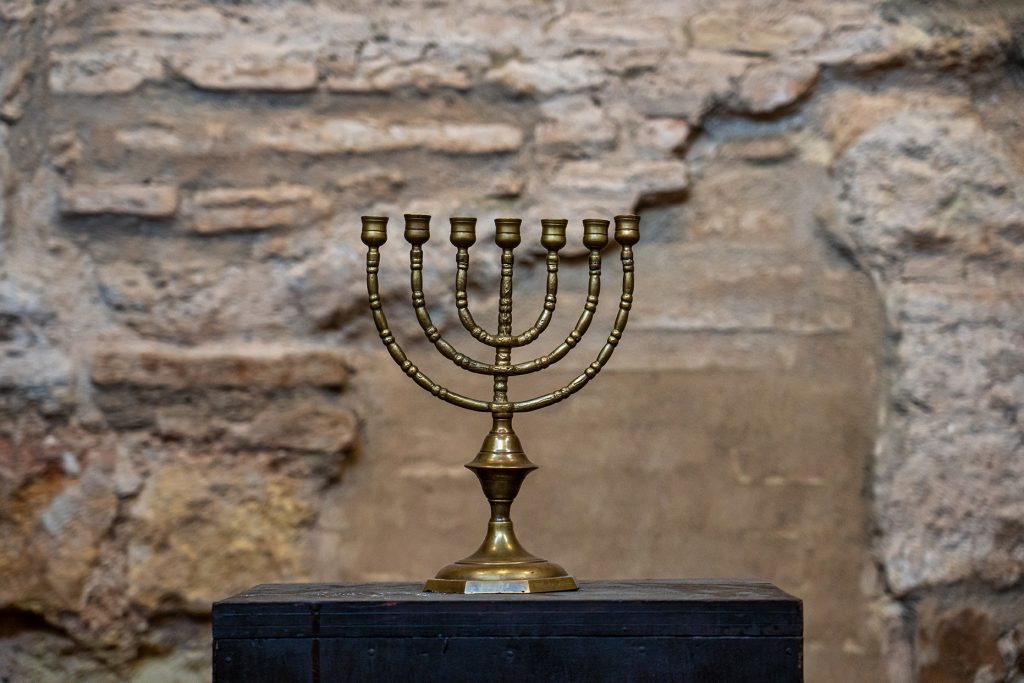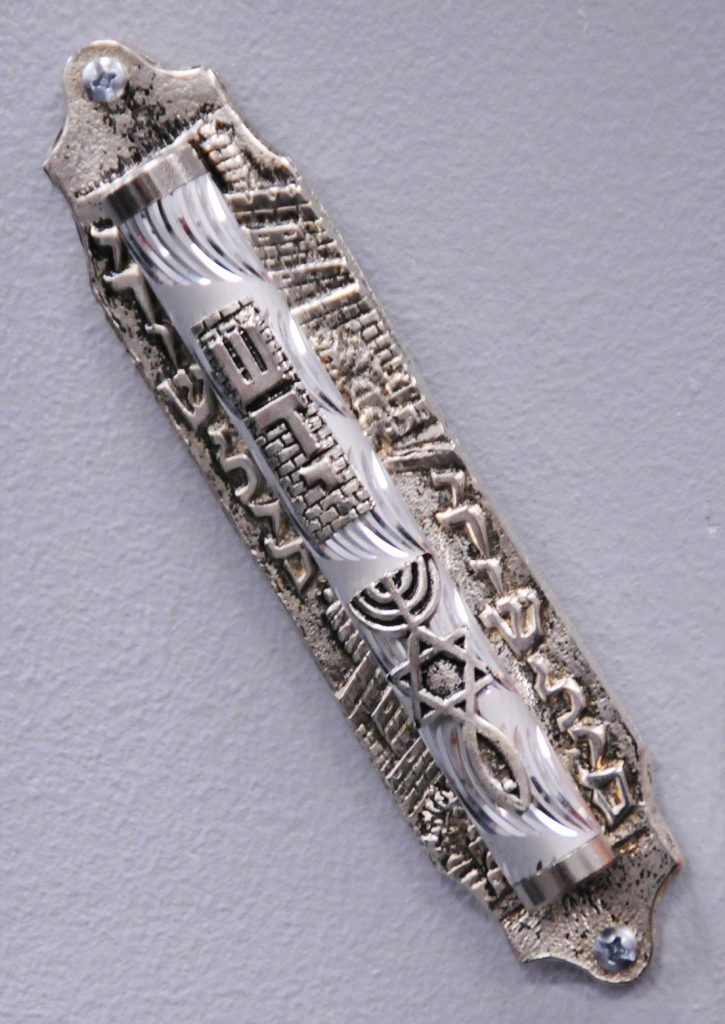
The following information was sourced, edited for length and then collated into a short running narrative to try to provide a snapshot view of Messianic Judaism.
“Though Messianic Judaism itself dates back to Yeshua’s twelve apostles, its resurrection is a relatively new phenomenon. In the late 1800s, after several large-scale revivals among protestant believers in the United States and Europe, many Christians sought to tell Jewish people about Yeshua, or Jesus. At that time, Jewish people in Europe also began to desire to return to the Land of Israel to establish a permanent Jewish homeland; the Lord stirred many Jews to look into the so-called “Christian Bible,” or New Testament Scriptures. In the following decades whole congregations of Jewish believers in Jesus were born. This new movement was named Hebrew Christianity, since becoming known as Messianic Judaism. There are now tens of thousands of Messianic Jews in the United States alone; some estimate as many as 1.2 million. Messianic synagogues are springing up in almost every major city across the U.S., and Messianic Judaism is growing in other nations throughout North and South America, Europe, Oceania, Israel and the former Soviet republics.” (1)

“Messianic Judaism was actually the earliest form of Christianity—the Christianity of the early apostolic era. It was a Messianic sectarian movement within greater, first-century Judaism. More than one hundred years after the life of Yeshua of Nazareth, the explosive growth of Gentile Christianity eclipsed the early Messianic sect of Judaism He had founded. Many Jewish and Gentile Christians discarded the distinctively Jewish practices of the Torah (Law) as they assimilated into the evolving Gentile religious environment. The original, biblical faith and practice of Yeshua and his first disciples nearly faded into obscurity.” (2)
“The Union of Messianic Jewish Congregations (UMJC) envisions Messianic Judaism as a movement of Jewish congregations and groups committed to Yeshua the Messiah that embrace the covenantal responsibility of Jewish life and identity rooted in Torah, expressed in tradition, and renewed and applied in the context of the New Covenant. Messianic Jewish groups may also include those from non-Jewish backgrounds who have a confirmed call to participate fully in the life and destiny of the Jewish people. We are committed to embodying this definition in our constituent congregations and in our shared institutions.” (3)
At Beth Yeshua Twin Ports, we strive to restore the practice of early Messianic Judaism. In the early days of the New Testament, both Jewish and Gentile believers in Jesus worshipped as co-religionists, participating in the prayers, rituals, expressions, and customs of Jewish life. We and they approach the Person and teaching of Yeshua from within the context of Judaism, allowing the Holy Spirit to guide and apply Torah and all of Scripture.”
(1) Messianic Jewish Alliance of America-Messianic Movement
(2) Beth Immanuel Messianic Synagogue
(3) UMJC Theology Committee; affirmed by delegate vote, July 20, 2005